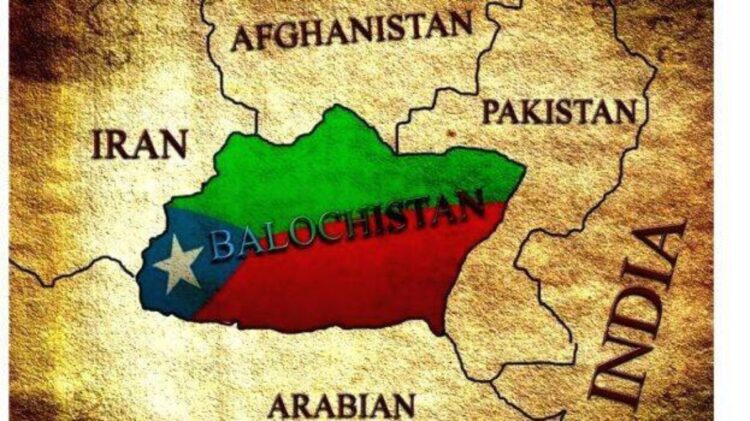KEY POINTS
- Baloch leaders declare symbolic independence, highlighting ongoing conflict with Pakistan.
- Pakistan’s military actions have caused widespread suffering and human rights abuses in Balochistan.
- India’s support for Baloch freedom brings new attention to the region’s struggle.
A Bold Declaration Amidst Decades of Struggle. On May 14, 2025, Baloch nationalist leaders, spearheaded by Mir Yar Baloch, issued a symbolic declaration of independence from Pakistan, reigniting tensions in the region and drawing renewed attention to the long-standing insurgency in the restive southwestern province of Balochistan. This proclamation, disseminated widely on social media under the banner “Republic of Balochistan announced,” calls upon the international community, including India and the United Nations, to recognize Balochistan as a sovereign nation
Mir Yar Baloch emphasized that Balochistan was never truly a part of Pakistan, asserting that the region was forcefully occupied in 1948. He urged Indian media to refrain from referring to Balochs as “Pakistan’s Own People,” highlighting the distinct identity and historical grievances of the Baloch people.
Historical Context: The 1948 Annexation
The roots of Balochistan’s struggle trace back to the post-colonial partition of British India. The princely state of Kalat, which constitutes a significant portion of modern-day Balochistan, declared independence on August 12, 1947. However, on March 27, 1948, under mounting pressure and military intervention, the Khan of Kalat was compelled to sign an instrument of accession, integrating Balochistan into Pakistan. This forceful annexation was met with resistance, leading to multiple insurgencies over the decades.
Since the annexation, Balochistan has witnessed systemic marginalization and human rights abuses. Reports indicate widespread enforced disappearances, extrajudicial killings, and suppression of dissent. Human rights organizations have documented numerous cases where activists, journalists, and civilians have been targeted by state forces.
Economically, despite being rich in natural resources like gold, copper, and natural gas, Balochistan remains Pakistan’s most underdeveloped province. The benefits of projects like the China-Pakistan Economic Corridor (CPEC), particularly the Gwadar Port, have largely bypassed the local Baloch population, leading to further resentment and feelings of exploitation.
In response to continued oppression, the Baloch Liberation Army (BLA) has intensified its insurgent activities. Recently, the BLA launched “Operation Herof 2.0,” executing 78 coordinated attacks across 58 locations in Balochistan, primarily targeting military and security installations. These actions underscore the escalating resistance against Pakistani authority in the region.
Appeals to India and the International Community
The symbolic declaration of independence has been accompanied by appeals to India and the United Nations for recognition and support. Mir Yar Baloch has requested the establishment of a Baloch embassy in New Delhi and called upon the UN to deploy peacekeeping forces to safeguard the Baloch people’s aspirations .
India has historically expressed concern over human rights violations in Balochistan. In 2016, Prime Minister Narendra Modi highlighted the plight of the Baloch people during his Independence Day speech, signaling India’s support for their cause. More recently, India has raised the issue at international forums, condemning Pakistan’s repression in Balochistan.
The renewed declaration of independence by Baloch leaders brings to the forefront the enduring struggle of the Baloch people for autonomy, justice, and recognition. As the situation escalates, there is an urgent need for the international community to acknowledge and address the legitimate grievances of the Baloch population. India’s support, both moral and diplomatic, could play a pivotal role in amplifying the voices of those seeking freedom and dignity in Balochistan.
ALSO READ: “India Rallies Against Turkey: Trade and Travel Boycotts Surge After Diplomatic Fallout”

















Comments